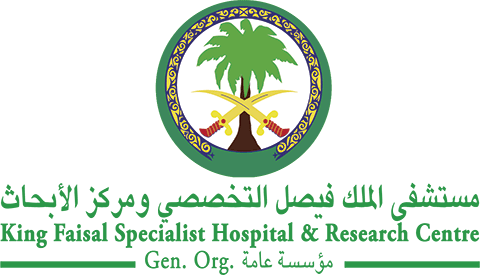Abstract
Objective/Background: According to the U.S. Census Bureau, 18% of the total population in the United States identified themselves as Hispanic in 2016 making it the largest minority group. This study aimed to evaluate the effect of Hispanic ethnicity on the overall survival of patients with non-small cell lung cancer (NSCLC) using a large national cancer database. Methods: We used the National Cancer Database to identify patients diagnosed with NSCLC between 2010 and 2015. The two comparative groups for this study were non-Hispanic Whites (NHWs) and Hispanics. The primary outcome was overall survival. Results: Of the 555,475 patients included in the study, 96.9% and 3.1% were NHWs and Hispanics with a median follow up of 12.6 months (interquartile range 4.1e30.6) and 12.1 months (interquartile range 3.8e29.5), respectively. Hispanics were more likely to be uninsured, and live in areas with lower median household income or education level. In the age-, sex-, and comorbidities-adjusted Cox model, the overall survival was significantly better in Hispanics compared with NHWs (hazard ratio [HR] 0.92, 95% confidence interval 0.90e0.93, p < .001). In a demographic, socioeconomic, clinical, and facility characteristics adjusted Cox model, Hispanics had further improvement in survival (HR 0.79, 95% confidence interval 0.78e0.81, p < .001). The survival advantage was seen in all cancer stages: Stage IdHR 0.76 (0.71e0.80), Stage IIdHR 0.85 (0.79e0.92), Stage IIIdHR 0.81 (0.77e0.85), and Stage IVdHR 0.79 (0.77e0.81). Conclusion: Hispanic ethnicity was associated with better survival in NSCLC. This survival advantage is likely the result of complex interactions amongst several physical, social, cultural, genomic, and environmental factors.
Recommended Citation
Kumar, Rohit; Castillero, Franklin; Bhandari, Shruti; Malapati, Sindhu; and Kloecker, Goetz
(2022)
"The Hispanic Paradox in Non-Small Cell Lung cancer,"
Hematology/Oncology and Stem Cell Therapy: Vol. 15
:
Iss.
2
, Article 4.
Available at: https://doi.org/10.1016/j.hemonc.2021.02.004
Creative Commons License

This work is licensed under a Creative Commons Attribution-Noncommercial-No Derivative Works 4.0 License.
Included in
Cancer Biology Commons, Hematology Commons, Oncology Commons

